In the world of industrial cooling systems, mechanical chillers play a pivotal role. These complex machines are designed to remove heat from a space or process, ensuring optimal temperature control. In this article, we will delve into the intricacies of mechanical chillers, exploring their components, working principles, and applications.
- Understanding Mechanical Chillers:
A mechanical chiller is a refrigeration system that utilizes mechanical energy to transfer heat from one location to another. It consists of several key components, including compressors, evaporators, condensers, and expansion valves. These components work in harmony to achieve the desired cooling effect. - Working Principles:
Mechanical chillers operate based on the principles of thermodynamics. The process begins with the compressor, which compresses the refrigerant gas, raising its temperature and pressure. The high-pressure gas then flows into the condenser, where it releases heat to the surrounding environment and condenses into a high-pressure liquid.
Next, the liquid refrigerant passes through the expansion valve, which reduces its pressure and temperature. This low-pressure liquid then enters the evaporator, where it absorbs heat from the desired space or process, causing the refrigerant to evaporate into a low-pressure gas. The cycle repeats as the low-pressure gas returns to the compressor.
- Types of Mechanical Chillers:
There are various types of mechanical chillers available, each suited for specific applications. The most common types include air-cooled chillers, water-cooled chillers, and absorption chillers. Air-cooled chillers are ideal for smaller-scale cooling needs, while water-cooled chillers offer higher efficiency and are suitable for larger installations. Absorption chillers, on the other hand, utilize heat energy instead of mechanical energy to drive the cooling process. - Applications:
Mechanical chillers find extensive use in a wide range of industries. They are commonly employed in commercial buildings, such as office complexes and shopping malls, to maintain comfortable indoor temperatures. Additionally, mechanical chillers are crucial in industrial processes that require precise temperature control, such as pharmaceutical manufacturing, food processing, and data centers.
Conclusion:
Mechanical chillers are intricate systems that provide efficient cooling solutions for various applications. Understanding their components, working principles, and applications is essential for anyone involved in the field of refrigeration and cooling. By harnessing the power of mechanical energy, these devices ensure optimal temperature control, contributing to the comfort and productivity of countless industries.

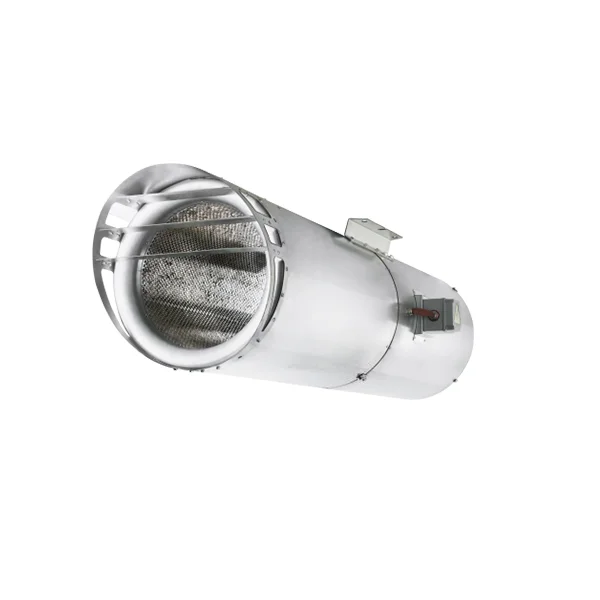
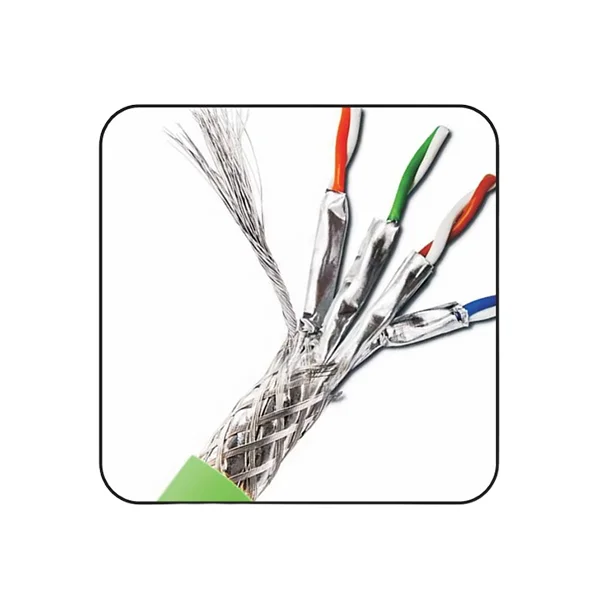
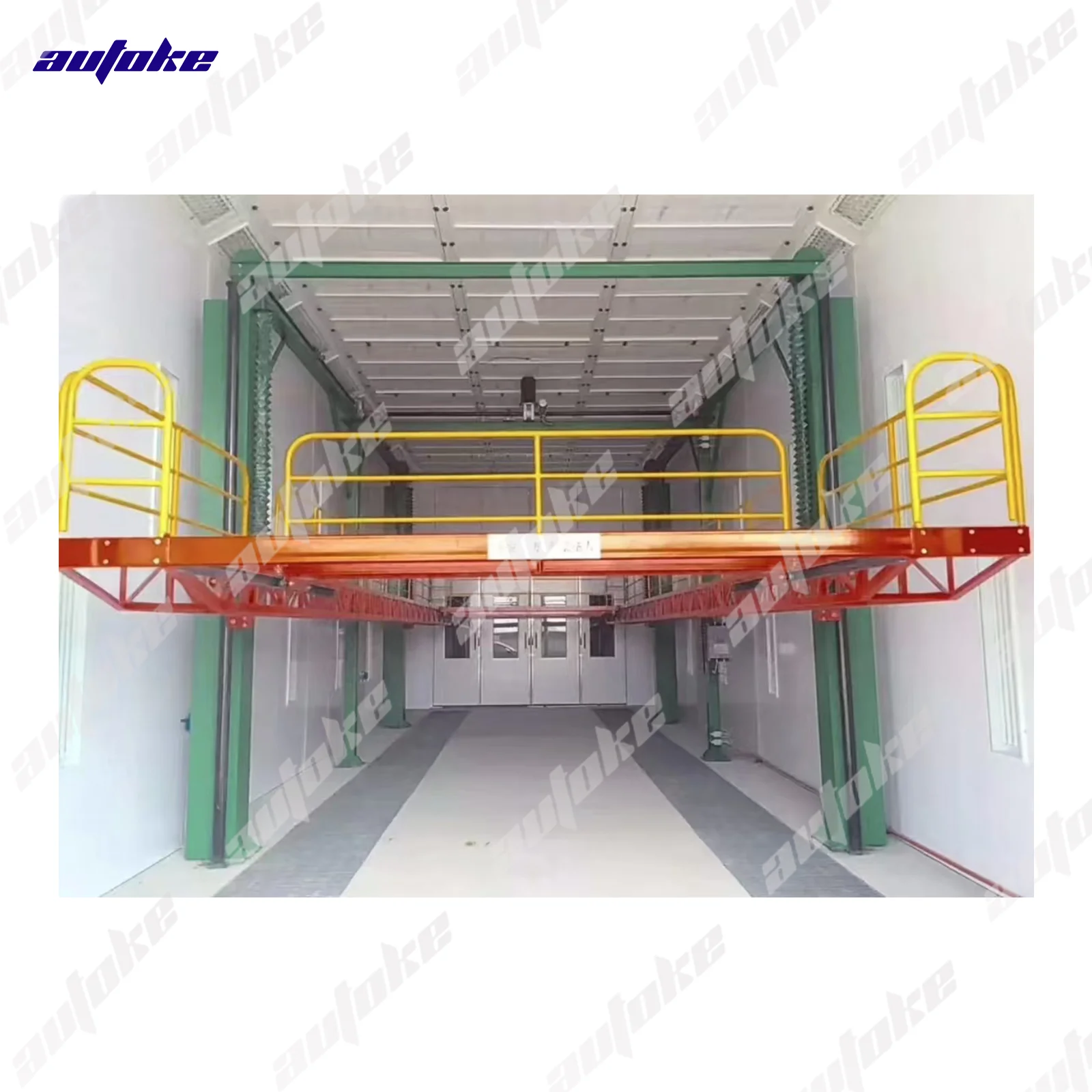
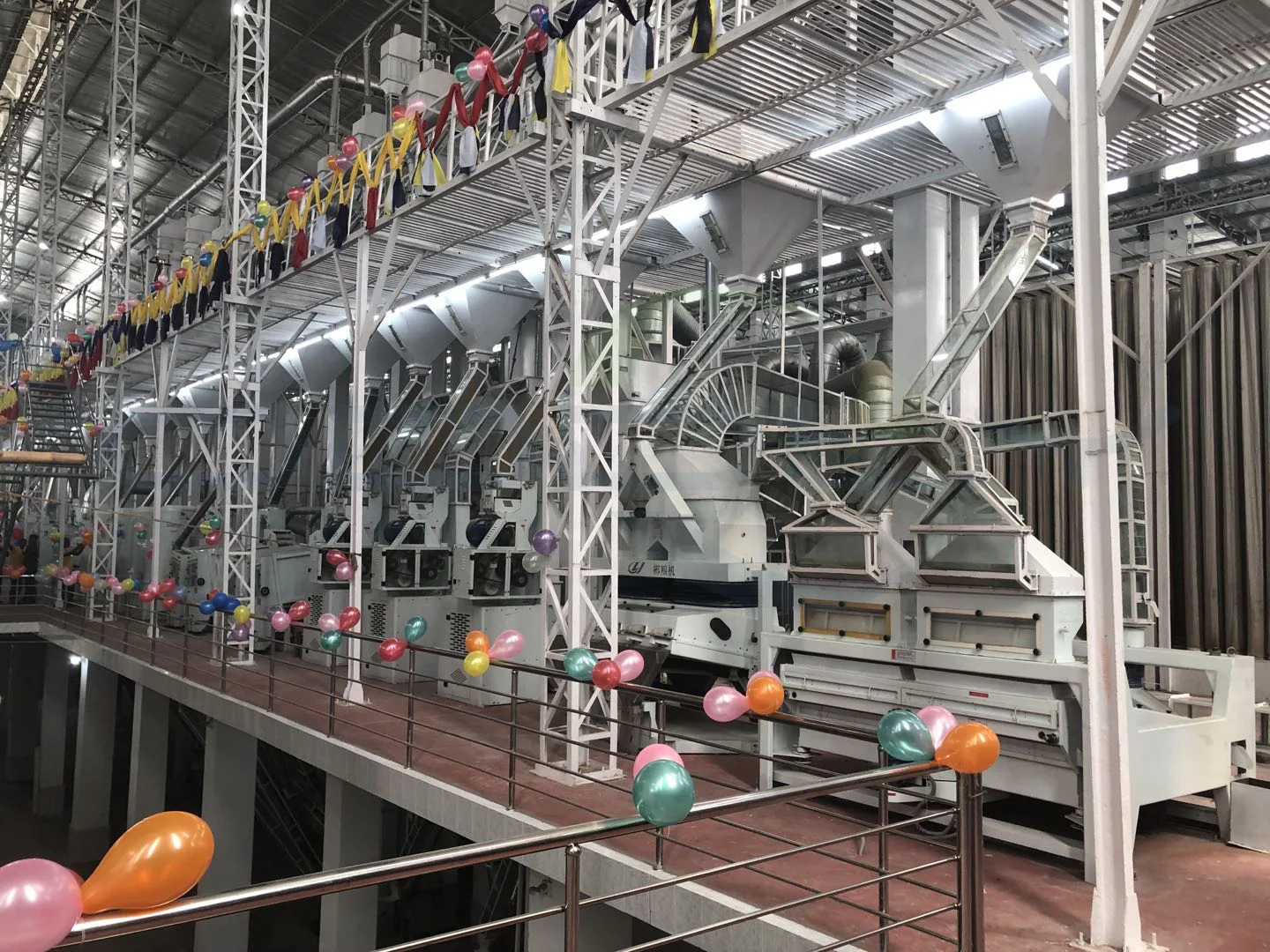
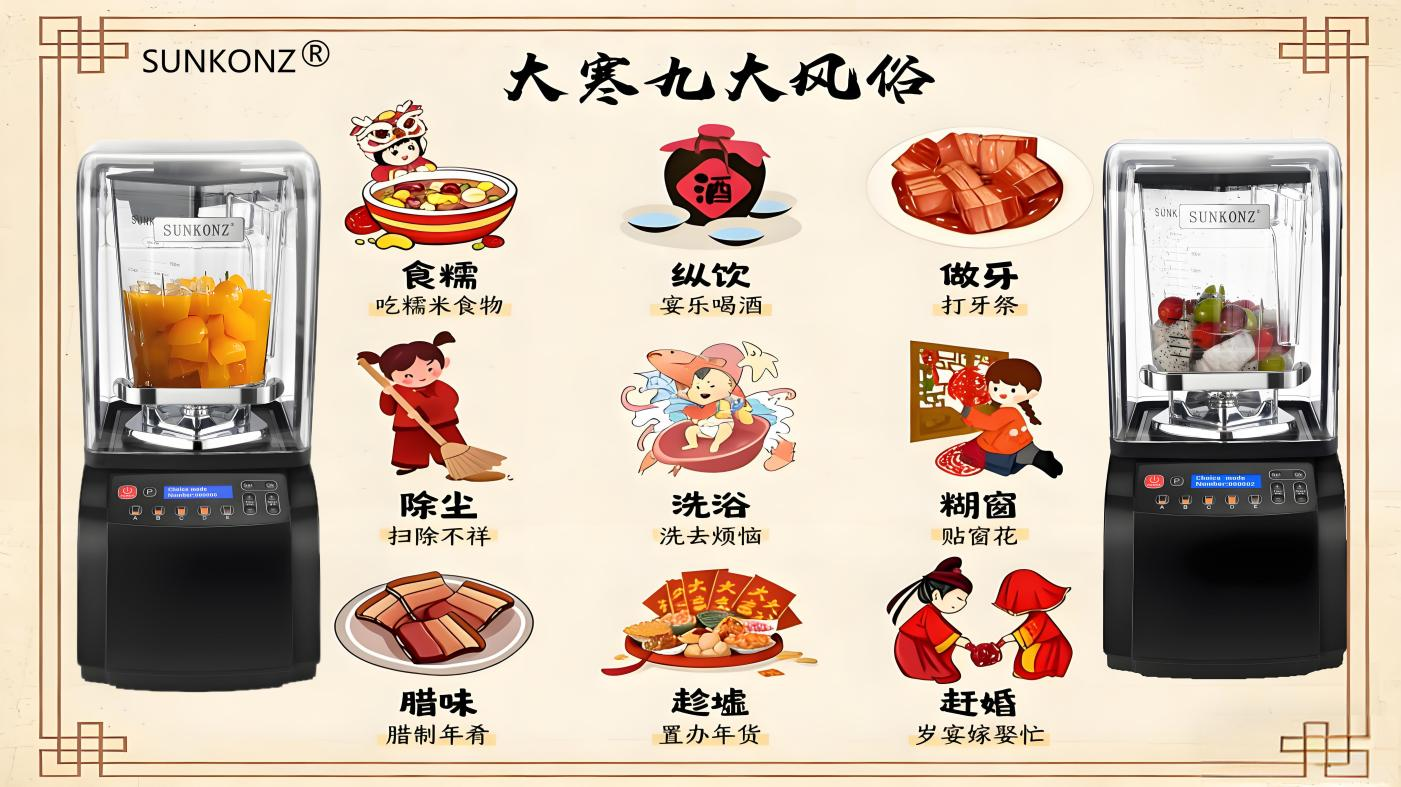

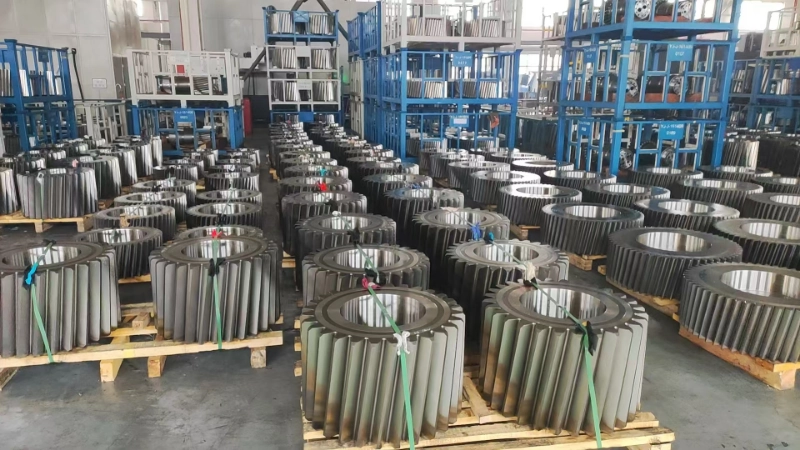
+ There are no comments
Add yours